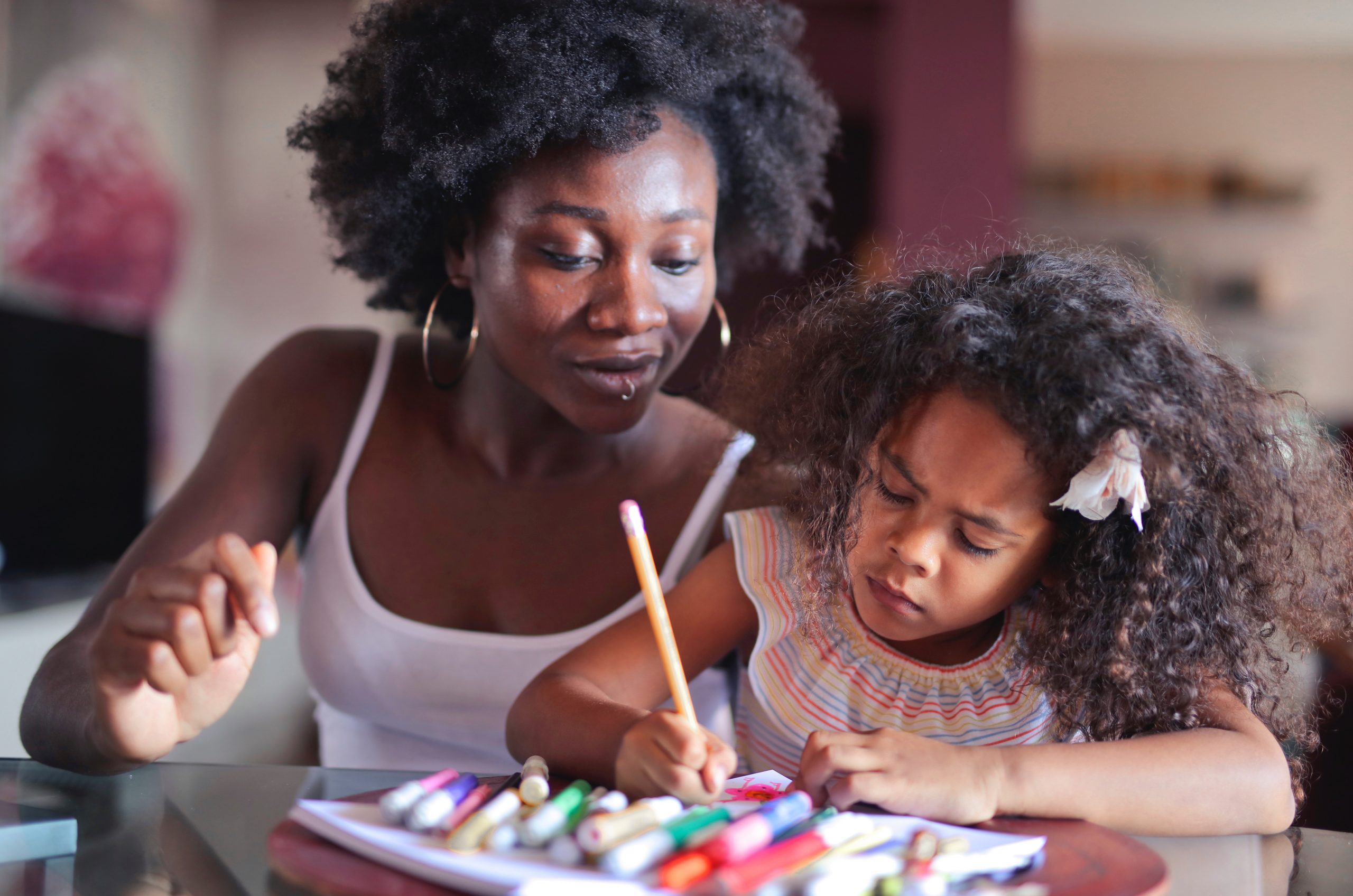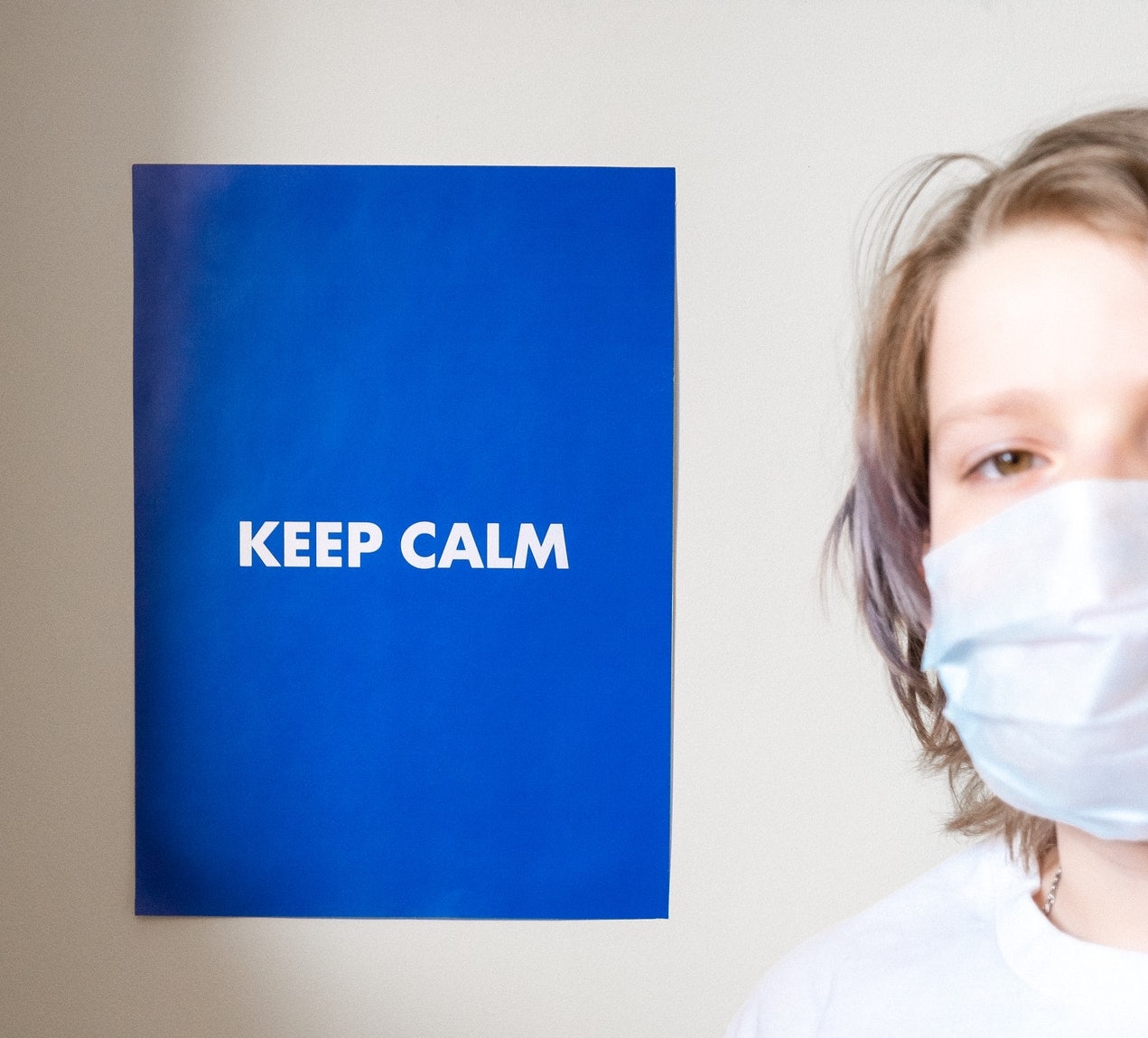Are You Ready for Reentry?
 When stay-at-home orders due to the COVID-19 pandemic were first issued, many people worried about being unable to leave their homes while also working, helping educate their school-aged children and dealing with the many additional stressors related to the spreading virus.
When stay-at-home orders due to the COVID-19 pandemic were first issued, many people worried about being unable to leave their homes while also working, helping educate their school-aged children and dealing with the many additional stressors related to the spreading virus.
Now, as restrictions begin to lift, some of the very same people find themselves experiencing what experts are calling “reentry anxiety” — fear about reentering society and leaving their “quarantine crew” behind.
According to Maricar Jenkins, a licensed clinical social worker at Sharp Mesa Vista Hospital, there is still uncertainty about the future and how the spread of COVID-19 will continue to affect people’s daily lives, finances and health, which can lead to anxiety. People also have different ideas about the pandemic, businesses reopening, wearing face coverings and social distancing, which is cause for concern — even conflict — for some.
Jenkins offers the following tips to manage your anxieties about leaving lockdown:
Know your boundaries. What activities and outings are you comfortable doing? You might decide that you are ready to walk at reopened parks a few times each week, but will leave if people aren’t wearing face coverings or practicing social distancing. Or, even though restaurants are opening up, you may still only order takeout for a while and not dine in.
Check in with yourself. What worry thoughts do you have? Much of the time, when your level of anxiety is high, your mind is telling you that the worst thing is going to happen. If you can catch those worry thoughts and test them out by asking yourself what the likelihood is that the worst will actually happen, you can decrease some of your fear.
Practice self-care daily. Get sufficient sleep, exercise, eat nutritious meals and connect with others. You might feel better knowing that you are not alone and that others also have the same fears.
Help children cope with concerns
Separating from family members — including the four-legged, furry ones — they’ve spent so much time with over the last few months may be especially challenging for children. Kids might feel anxious about the “unknown” and could even be sensing the reentry anxiety adults within the home are feeling.
“Children thrive in routine and structure,” Jenkins says. “Changes in daily routines at the beginning of the pandemic — no longer going to school, participating in after-school activities or socializing — were likely jarring. Now that stay-at-home orders are easing up, and just as kids are getting used to the ‘new normal’ with everyone at home, routines that have been developed over the past few months are starting to change again.”
Jenkins recommends that parents take the time to ask their children the following direct questions, actively listen and help them manage their fears:
- What three things have you liked during quarantine?
- What three things have you not liked during quarantine?
- Now that things are changing again, are there specific worry thoughts you are having?
- What would help you feel more safe and less afraid?
Excerpted from “Are you ready for reentry?” in Sharp Health News. Read the full article online.
Source: Sharp Health News | Are you ready for reentry?, https://www.sharp.com/health-news/are-you-ready-for-reentry.cfm | © 2021 Sharp HealthCare
Do you need someone to talk to? To schedule an evaluation or to get advice about your child’s challenges, call or email a CHC Care Manager at 650.688.3625 or careteam@chconline.org CHC teletherapy services are available now.





